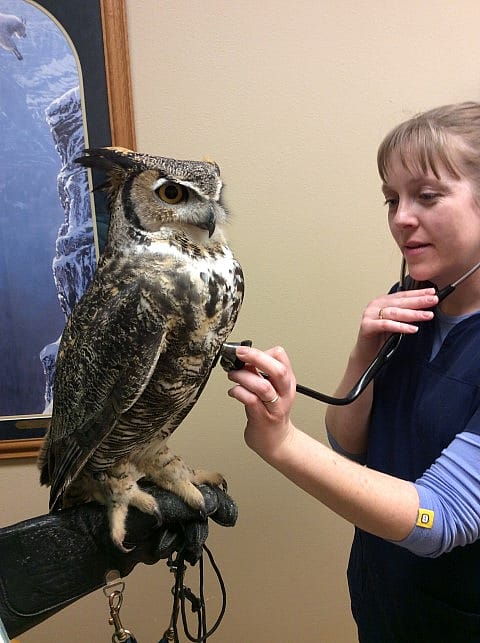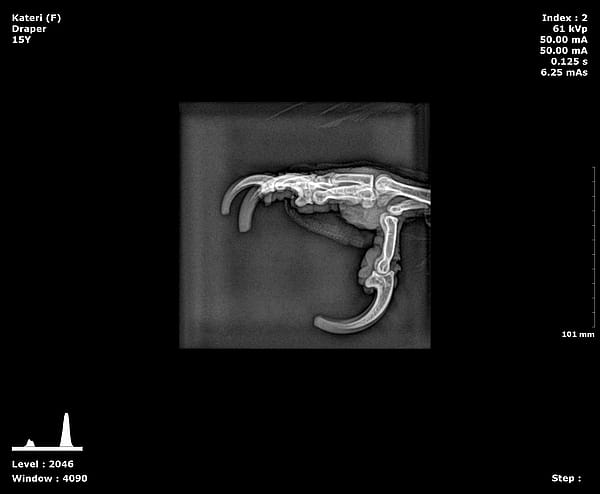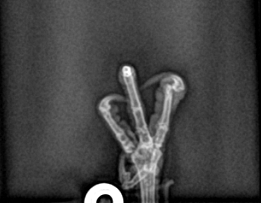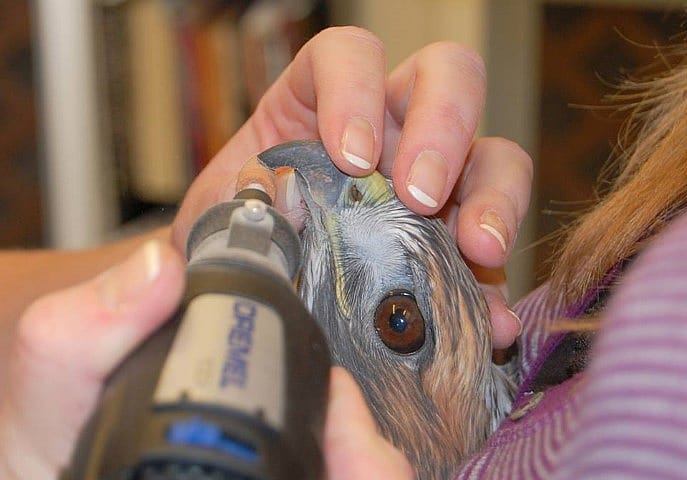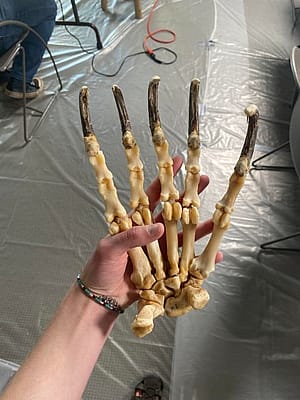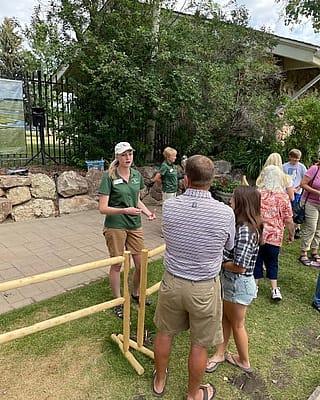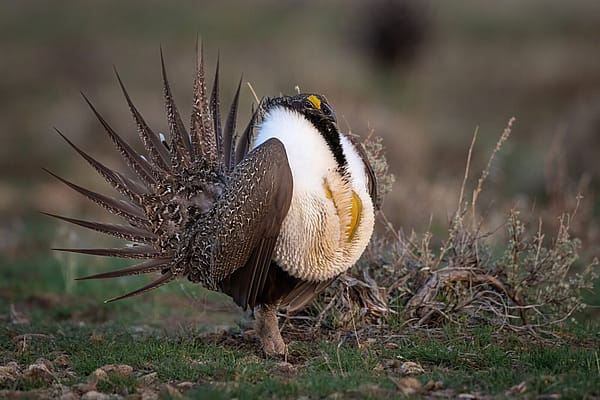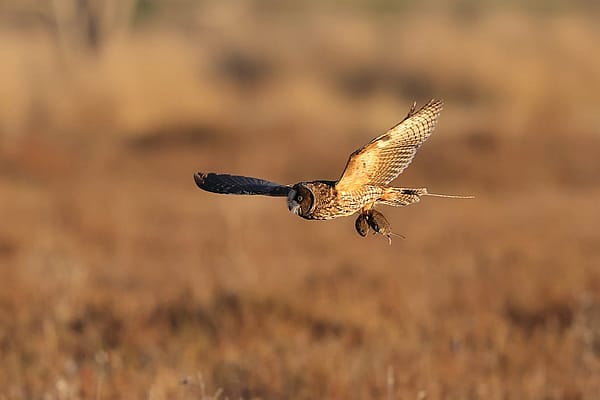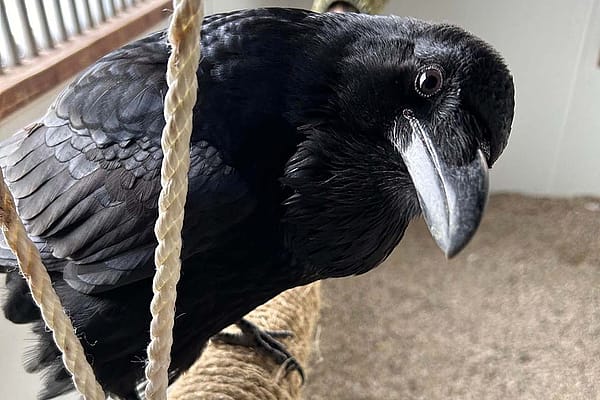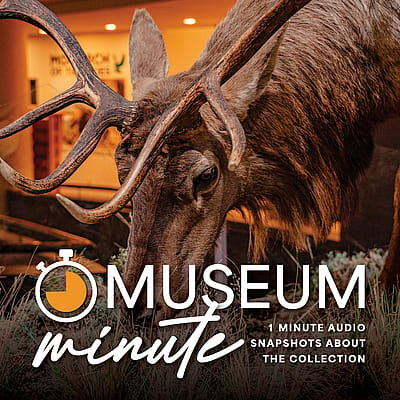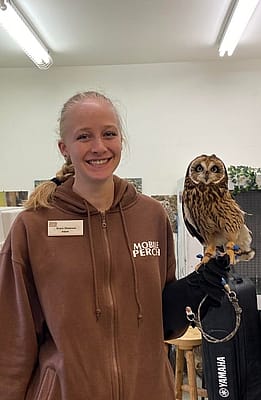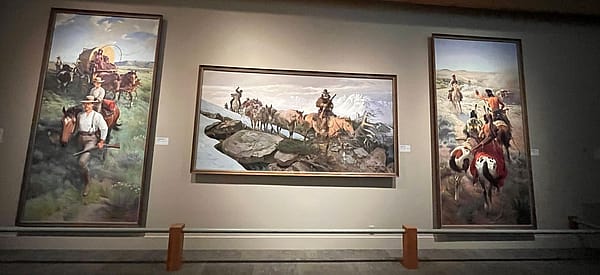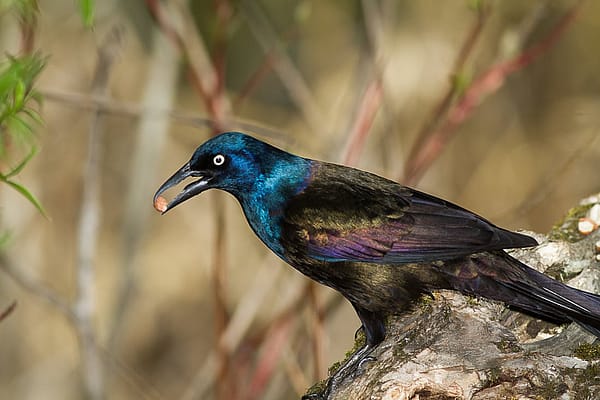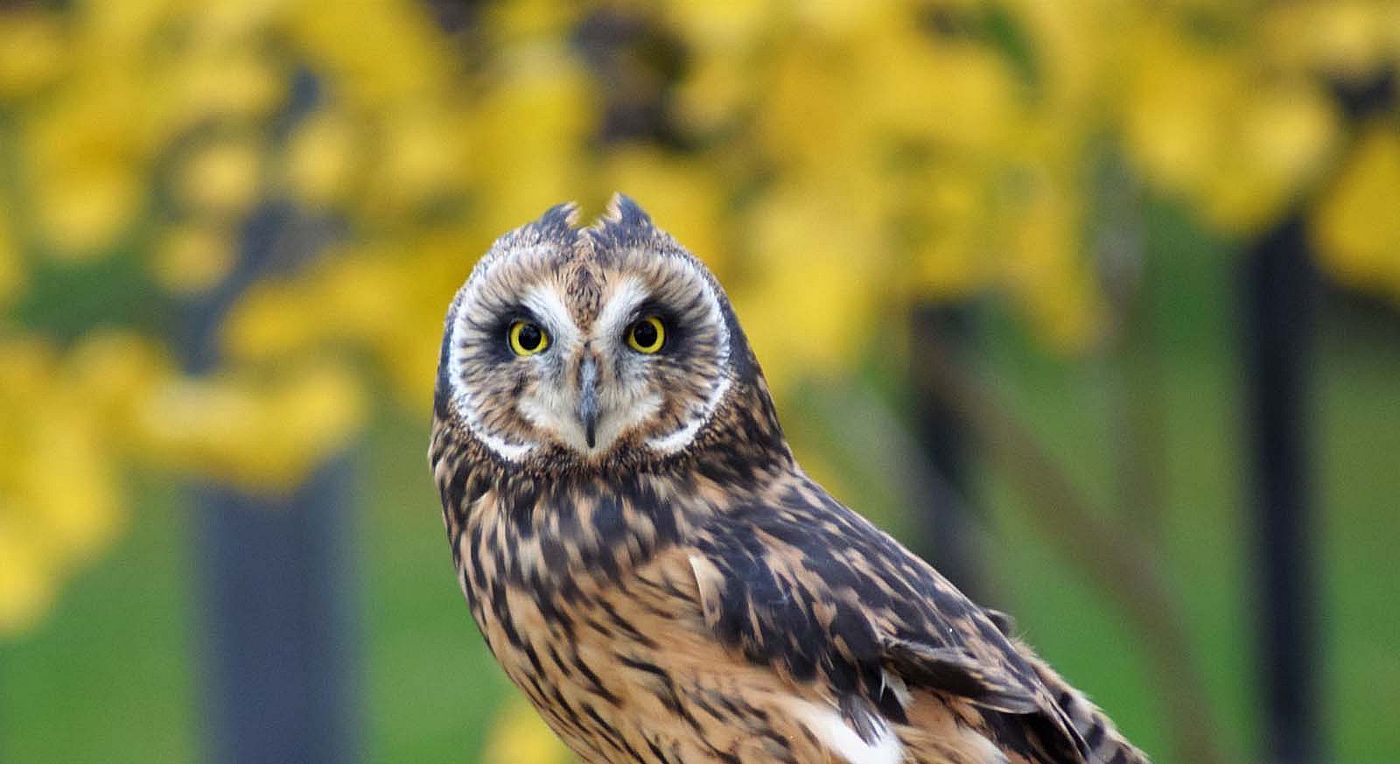
Avian Ambassadors and the Vet
If you are a pet owner, there’s a very high probability you’ve taken your pet to the doctor at least once. Most cities and counties require rabies vaccines for dogs and cats, forcing owners to get to the vet for that one shot a year. What about those “exotic” animals, though? Do animals in zoos, aquariums, nature centers, and education programs like ours ever go to the doctor? Recently, one of our volunteers asked that very question. Do our “Avian Ambassadors” ever go to the vet? Why? What happens when they are there? As part of our continuing education program for our volunteers, I put together an entire presentation about our birds and their veterinary needs. I thought I’d share that information with you . . .
A typical annual veterinary visit for a dog or cat involves 1) an exam to look and listen for problems, 2) vaccinations to prevent catching viruses like rabies or parvovirus, 3) deworming (since most animals aren’t “picky” about what they put in their mouths), and 4) blood screening for senior animals and those on long-term medications.
A typical annual veterinary visit for our birds is a bit different. Our visits include 1) an exam to look and listen for problems, 2) rarely vaccinations (although we do vaccinate for West Nile Virus), 3) rarely deworming as our birds have less access to things that cause intestinal parasites, 4) blood screening for senior birds and those on long-term medications. Most, if not all, of an annual exam on our birds can be done with them standing on our gloved hands. More in-depth procedures, such as a blood draw, require the bird to be gently restrained.
Raptors in captivity do end up needing to see the vet for reasons other than an annual wellness visit. They may go in for radiographs, bloodwork, injuries, health certificates, grooming, or because they just aren’t acting normal.
Radiographs – radiographs (or x-rays) are used to look for lots of things: bone issues (fractures, dislocations, arthritis), internal organ abnormalities, or obstructions to name a few. Depending on the animal, radiographs may need to be done while the patient is under anesthesia. Four of our birds have had radiographs while in our care and only Kateri was anesthetized for this procedure. We chose to have her asleep because of the variety of radiographs we needed (wings and feet) and the fact that her size and strength make it difficult to keep her perfectly still for the picture.
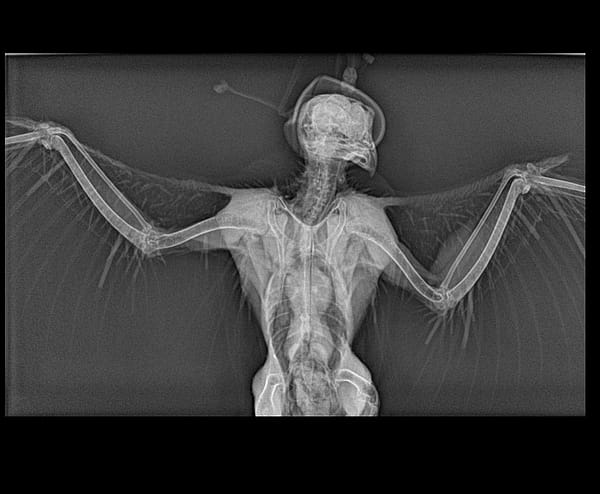
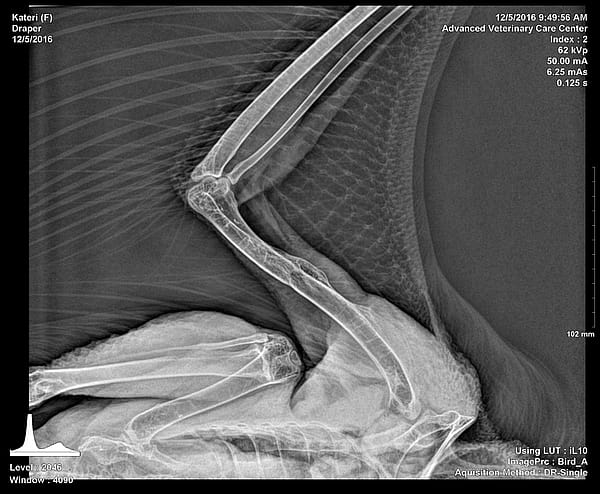
Blood Screening – a diagnostic tool to check the function of organs like the liver, kidneys, and pancreas. It looks primarily for organ issues, cancers, and infections. Blood screening can be a wellness tool, also. Levels are monitored annually in patients on long-term medications. Hayabusa, for example, has bloodwork run each year because she is on a medication for her arthritis and it can be harsh on the liver.
Injuries – just like kids, cats, and dogs, raptors in captivity occasionally find themselves injured. Sometimes we know what happened, sometimes it’s a complete mystery. Last summer, our short-eared owl, Amelia, suddenly and mysteriously had a toe pointing the wrong direction. This required a trip to the vet and radiographs to confirm that she had somehow dislocated the toe.
Health Certificates – a health certificate is often required to cross state lines with our birds. This simply means they need an exam by a licensed veterinarian and a certificate to show they are healthy and free of disease.
Grooming – you may be wondering why our birds need a bath, trim, and a bow in their feathers – well, they don’t. But they do need to have their talons and beaks trimmed on a regular basis. Fortunately for us, we don’t need to go to the vet for this, we do it ourselves at home. Many bird owners, however, do take their birds (we’re talking parrots here) in for grooming services as it is difficult to trim many birds without help.
Veterinary visits, whether routine or emergency, are part of the job when you care for captive birds of prey. At the Draper Museum Raptor Experience, we do everything we can to provide our birds with the best care possible to keep them healthy, safe, and out of the vet’s office. When they do need care, however, we are thankful that we have an experienced and knowledgeable veterinarian we can rely on as well as amazing supporters who donate generously to the care of our birds.
Written By
Melissa Hill
While earning her Bachelor's Degree in Wildlife Management at the University of Wyoming, Melissa began volunteering at Laramie Raptor Refuge and was instantly hooked on birds of prey. Since those early days, she has worked with nearly 70 different raptors at four different raptor education groups in three states. She is a former member of the Education Committee for the International Association of Avian Trainers and Educators (IAATE) and a National Association for Interpretation's Certified Interpretive Guide. When she's not "playing with the birds" she enjoys spending time quilting, crocheting, and exploring the Greater Yellowstone Ecosystem with her non-bird family.
